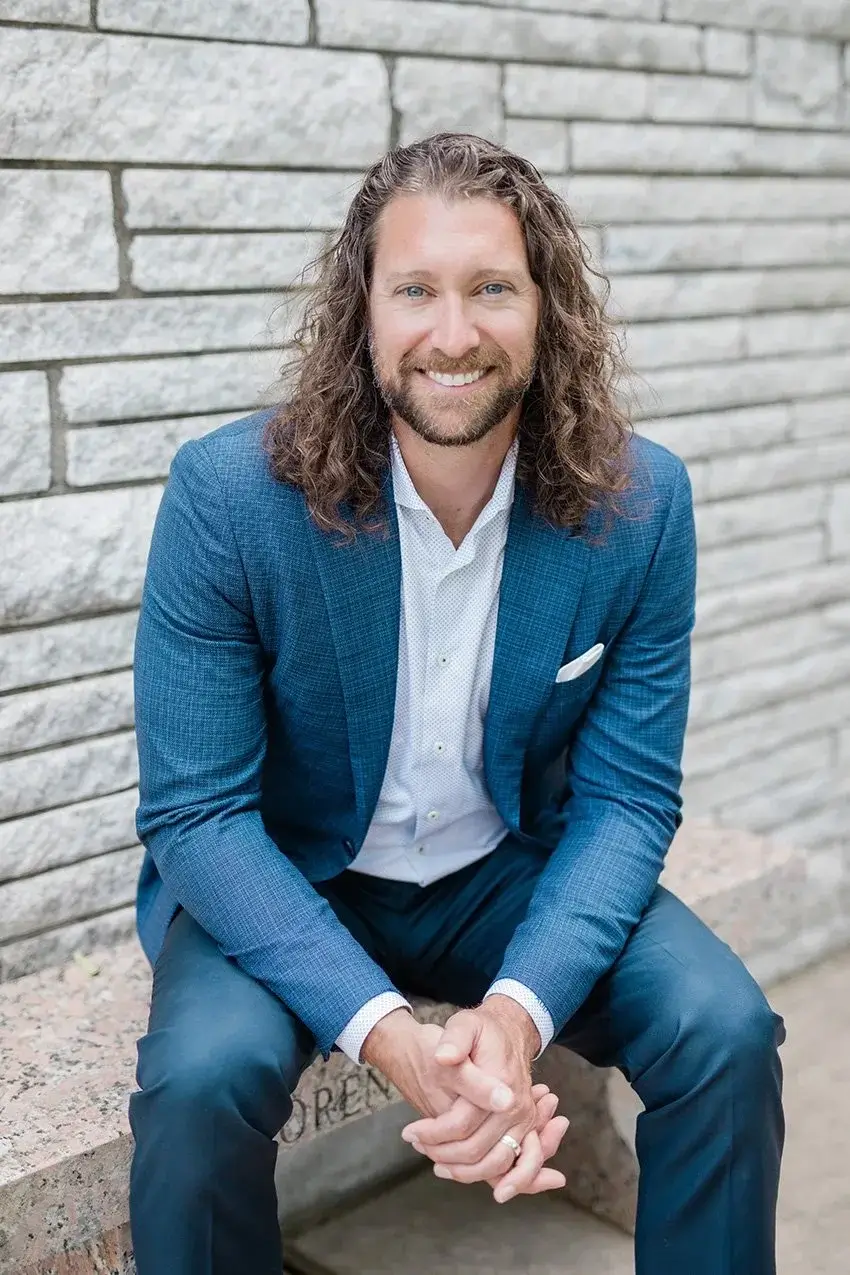College is a monumental time in a teen’s life, as they are leaving their parent’s nest and entering into life away from parental supervision. For teens in recovery or who have completed an addiction program, this can create worry about whether they will maintain their sobriety. Luckily, there are ways to help prepare your teen for college. Here are five ways to prepare your teen for sobriety in college.
#1. Address Mental Health
It is common for mental health disorders and substance abuse to co-occur, and each can influence the manifestation of the other. It is important for your teen to learn how to manage their addiction before college. College involves many new challenges outside of academics. Going away requires adjusting to living in a new environment, juggling work and school, and developing financial responsibilities. Such challenges can take their toll on a teen’s mental health.
Treating mental health disorders is as important to their sobriety as treating their addiction. While your teen is preparing for college, make sure they receive care for their mental health. Such care may require medication, therapy, or obtaining a primary psychologist.
#2. Don’t “Over Parent”
It is natural to have concerns over your child entering into a new environment that may include alcohol and other substances. However, hovering over them or becoming a “helicopter” parent won’t help the situation, and may even cause them to push you away.
There should be a balance in how much freedom and parental supervision they have in college. As you and your teen prepare for college, remind them that you support them no matter what. Understand, they are still human and will inevitability make mistakes on their recovery journey. Therefore it is important that they feel comfortable coming to you when they struggle.
#3. Have a Care Plan
Before your teen leaves recovery, they should create an aftercare plan with their therapist. An aftercare plan consists of a list of resources available for your teen to use when they leave treatment to help maintain sobriety. Such resources may include:
- Contact information for their therapist
- Community resources both in hometown or college town
- Contact information for their sponsor
- An emergency plan in case of relapse
- A list of triggers that could lead to drug use
A sponsor will also benefit your teen. A sponsor is someone in addiction recovery who successfully maintains long-term sobriety and serves as support to another in recovery. A sponsor can help with your teen’s transition into college.
#4. Discuss Ways to Have Sober Fun
There are so many other ways to have fun in college without drinking alcohol or partaking in other substances. Encourage your child to seek students that will support their sober lifestyle. For example, if there is a celebratory occasion such as passing an exam or class, suggest ways to reward themselves that don’t involve drugs. Maybe they treat themselves to their favorite foods, shop for a new outfit, have a spa day, or see a new movie.
Participating in clubs or hobbies that keep them active and out of trouble will also benefit them. If they enjoy sports, you might suggest they try out for an intramural team or check out their student center gym. Some colleges have spaces for students in recovery. Such spaces might involve AA meetings and other 12-Step programs. Before your teen embarks on their journey to college, see if the campus offers support for the recovery community.
#5. Have a Conversation
Sitting down and having a conversation with your teen about maintaining sobriety in college is just as important as having a plan in place. A conversation can help everyone get on the same page about how to support your teen and gives them a chance to express how they feel. Talk to them about how important it is to keep a drug-free lifestyle that will support their academic performance and mental health.
Before they leave for college, make sure everyone is aware of your teen’s plan and that they know what resources are available to them if they need help. Most importantly, make them feel loved and supported through this process. They may also be worried and anxious about working on their sobriety, and your support will help them feel comfortable coming to you to express how they feel.
While it’s okay to have fun know their boundaries; remember, college is an exciting time and can be fun for students in recovery. Your teen can have a great experience, too. It just takes some planning.
Clearfork Academy helps teenagers learn how to manage their mental and physical health. With us, your teen will learn ways to manage and cope with life’s challenges and get the best out of themselves. We strive to enrich their lives and help them flourish in each new chapter of life, including college. Our facilities offer both conventional and holistic approaches to care, and our refined diagnosis can identify and treat co-occurring disorders. In addition, our academic partnership with The University of Texas Charter school will prepare your teen for college life. So, whether your teen requires residential treatment or outpatient therapy, we have options. If your teen is currently struggling to manage their sobriety or considering going away to college, we can help. Our admissions staff is available 24 hours a day, seven days a week. To learn more about our programs, contact Clearfork Academy today by calling (817) 259-2597.

Founder & CEO
Originally from the Saginaw, Eagle Mountain area, Austin Davis earned a Bachelor of Science in Pastoral Ministry from Lee University in Cleveland, TN and a Master of Arts in Counseling from The Church of God Theological Seminary. He then went on to become a Licensed Professional Counselor-Supervisor in the State of Texas.
Austin’s professional history includes both local church ministry and clinical counseling. At a young age, he began serving youth at the local church in various capacities which led to clinical training and education. Austin gained a vast knowledge of mental health disorders while working in state and public mental health hospitals. This is where he was exposed to almost every type of diagnosis and carries this experience into the daily treatment.
Austin’s longtime passion is Clearfork Academy, a christ-centered residential facility focused on mental health and substance abuse. He finds joy and fulfillment working with “difficult” clients that challenge his heart and clinical skill set. It is his hope and desire that each resident that passes through Clearfork Academy will be one step closer to their created design.
Austin’s greatest pleasures in life are being a husband to his wife, and a father to his growing children. He serves at his local church by playing guitar, speaking and helping with tech arts. Austin also enjoys being physically active, reading, woodworking, and music.




